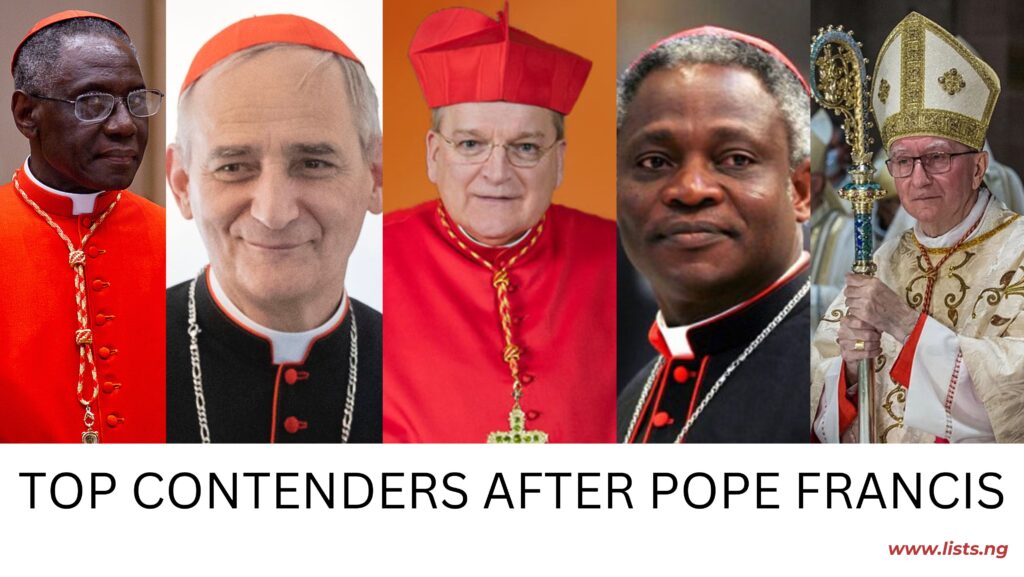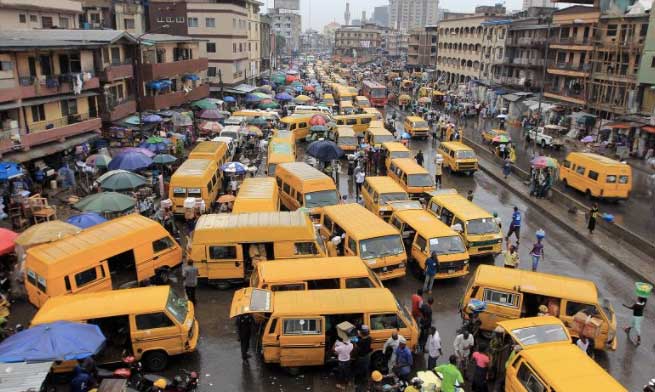With Pope Francis’s passing on 21 April 2025, the Catholic Church is preparing for a new era. In just a few weeks, around 120 cardinals will enter the conclave in Rome to elect his successor. It’s a moment that could shape Catholicism for generations. Here’s a quick, accessible guide to the 10 most talked-about candidates, where they lean theologically and how they’ve responded to modern social issues.
11.
Jean-Claude Hollerich (Luxembourg)
Leaning: Liberal
Social Issues: Open to LGBTQ+ inclusion, has questioned the Church’s current language on homosexuality. Advocates for dialogue over doctrine. No strong statements on surrogacy; pro-life on abortion but favors a more pastoral approach.
Strengths: Global outlook, fluent in several languages, strong on reform.
Weaknesses: May be too progressive for traditionalists; lacks strong home support.
10.
Joseph Tobin (USA)
Leaning: Liberal
Social Issues: Strong supporter of LGBTQ+ outreach; welcomed a gay Catholic group to Mass in his diocese. Firmly pro-life on abortion, but advocates for compassion in complex cases. Hasn’t made public remarks on surrogacy.
Strengths: Warm, pastoral, relatable; admired in North America and beyond.
Weaknesses: American background may count against him geopolitically.
9.
Juan José Omella (Spain)
Leaning: Moderate to Liberal
Social Issues: Publicly supportive of social outreach and inclusion but doctrinally cautious. Quiet on LGBTQ+ and surrogacy. Consistently pro-life.
Strengths: Humble and pastoral; seen as a kind continuation of Francis.
Weaknesses: Age (79) may limit appeal as a long-term leader.
8.
Jean-Marc Aveline (France)
Leaning: Liberal
Social Issues: Strong on interfaith and migrant rights; promotes respectful LGBTQ+ dialogue but has avoided doctrinal shifts. Silent on surrogacy. Pro-life, though, emphasizes “listening before judgment.”
Strengths: Bridge-builder; culturally aware; energetic and relatable.
Weaknesses: Limited Vatican experience; weak Italian fluency.
7.
Robert Sarah (Guinea)
Leaning: Conservative/Traditionalist
Social Issues: Cardinal Robert Sarah holds firmly traditional views. He opposes gender ideology and same-sex unions, viewing them as threats to the family. Skeptical of mass migration, he warns it risks eroding cultural and religious identity. A strong advocate of clerical celibacy, he co-authored a 2020 book defending the practice.
Strengths: Known for his liturgical traditionalism and moral clarity, unwavering adherence to Church doctrine.
Weaknesses:Controversial Stances. Limited Diplomatic Engagement
6.
Mario Grech (Malta)
Leaning: Moderate
Social Issues: Initially conservative, later softened; supports more welcoming tone for LGBTQ+ Catholics. Defends Church teaching on abortion. No notable position on surrogacy.
Strengths: Thoughtful leader of the Synod; trusted by Francis.
Weaknesses: Divisive among conservatives; not widely known outside Church circles.
5.
Peter Turkson (Ghana)
Leaning: Moderate
Social Issues: Strongly pro-life and traditionally-minded, but emphasizes dignity and justice. Has expressed openness to listening on LGBTQ+ issues without endorsing doctrinal changes. No clear stance on surrogacy.
Strengths: Respected voice from Africa; expert on global justice.
Weaknesses: Past management concerns; not a dynamic campaigner.
4.
Péter Erdő (Hungary)
Leaning: Conservative
Social Issues: Firmly pro-life and doctrinally traditional. Opposes same-sex marriage and gender theory. Little public comment on surrogacy but supports “natural family values.”
Strengths: Sharp legal mind; respected across Europe.
Weaknesses: Lacks charisma; ties to Hungary’s government may be viewed skeptically.
3.
Matteo Zuppi (Italy)
Leaning: Moderate to Liberal
Social Issues: Known for his outreach to LGBTQ+ Catholics and pastoral sensitivity. Aligns with the traditional pro-life stance but promotes empathy in moral discussions. No strong position on surrogacy.
Strengths: Charismatic peacemaker; deeply pastoral.
Weaknesses: Could face resistance from conservative electors.
2.
Luis Antonio Tagle (Philippines)
Leaning: Liberal
Social Issues: Compassionate voice for the marginalized; emotionally open to LGBTQ+ inclusion but holds doctrinal lines. Firmly pro-life. No public stance on surrogacy but emphasizes mercy in all bioethical questions.
Strengths: Global, media-savvy, widely beloved.
Weaknesses: Close ties to Francis may hurt his appeal to reform skeptics.
1.
Pietro Parolin (Italy)
Leaning: Moderate
Social Issues: Publicly orthodox on abortion and sexuality. Prioritizes diplomacy over public commentary on LGBTQ+ or surrogacy, though has supported civil cohabitation protections in Italy.
Strengths: Extremely experienced; known and trusted in Rome.
Weaknesses: Insider status may feel too “safe” or bureaucratic to some.
Final Word
This conclave is shaping up to be a clash of continuity and change. Will the cardinals choose a diplomat, a reformer, or someone we haven’t even mentioned? As always, expect the unexpected, and keep an eye on that chimney



